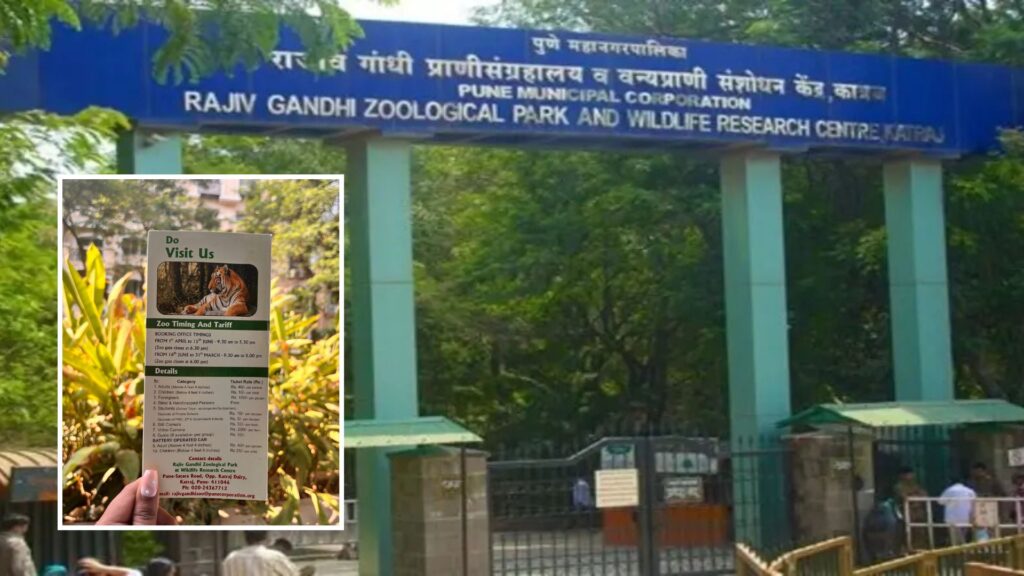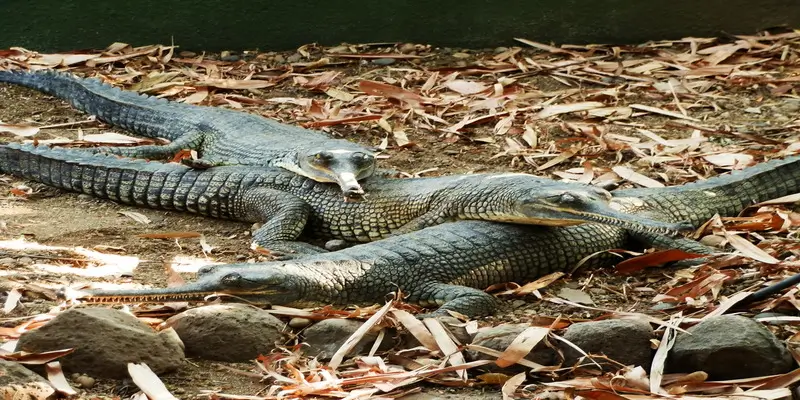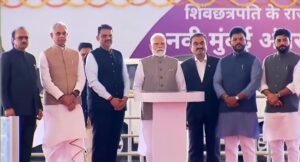Pune’s Katraj Zoo Unveils Fresh Facilities to Beat the Summer Heat

Pune’s Katraj Zoo Unveils Fresh Facilities to Beat the Summer Heat
As the summer holidays draw near, the Rajiv Gandhi Zoological Park and Wildlife Research Center in Katraj, Pune, is preparing for a bustling season. To ensure a smooth and enjoyable visit for all, the zoo has rolled out several new measures aimed at managing the rising number of visitors and coping with the intense summer heat.
The Rajiv Gandhi Zoological Park and Wildlife Research Center in Katraj, Pune, has taken significant steps to accommodate the anticipated increase in visitors. The zoo has extended its operating hours by 30 minutes, now open from 9:30 AM to 5:30 PM, to provide more flexibility for guests.
Dr. Rajkumar V. Jadhav, the zoo’s director, shared that the daily footfall during summer ranges from 4,000 to 18,000 people, with weekends witnessing an even larger crowd. To help visitors beat the heat, the zoo has introduced several facilities, including battery-operated vehicles to transport guests within the park, additional drinking water stations, clean toilet blocks, shaded rest areas, and comfortable seating areas strategically placed throughout the grounds. Free Wi-Fi is also available in key locations for those who wish to stay connected.

Dr. Suchitra Suryavanshi Patil, Deputy Director, noted that the summer months are particularly busy because of school holidays. To make visits more educational, the zoo hosts monthly workshops and interactive events focused on wildlife conservation, especially for children. Special activities are organized on occasions like Tiger Day, Elephant Day, and Wildlife Week, featuring fun programs such as rangoli competitions, skits, elocution contests, and quizzes, particularly in October.
In addition to educational programs, the zoo runs an animal adoption scheme that allows individuals to sponsor animals like elephants, tigers, and crocodiles for periods ranging from one day to a year. Dr. Jadhav mentioned that post-COVID, there has been a noticeable increase in both visitor engagement and adoptions.
The Rajiv Gandhi Zoological Park is set to undergo significant expansion as part of its 20-year master plan. This ambitious project includes the development of new animal enclosures and the introduction of diverse species, such as the Hamadryas Baboon from Mysore Zoo and the Mouse Deer from Guwahati Zoo.
In line with its dedication to environmental conservation, the zoo has implemented a stringent no-plastic policy. Visitors are encouraged to bring eco-friendly alternatives, or if they choose to carry plastic items, they must pay a refundable deposit. This deposit is refunded upon exiting the zoo, provided the plastic items are shown at the exit point, promoting responsible waste management and sustainability.









